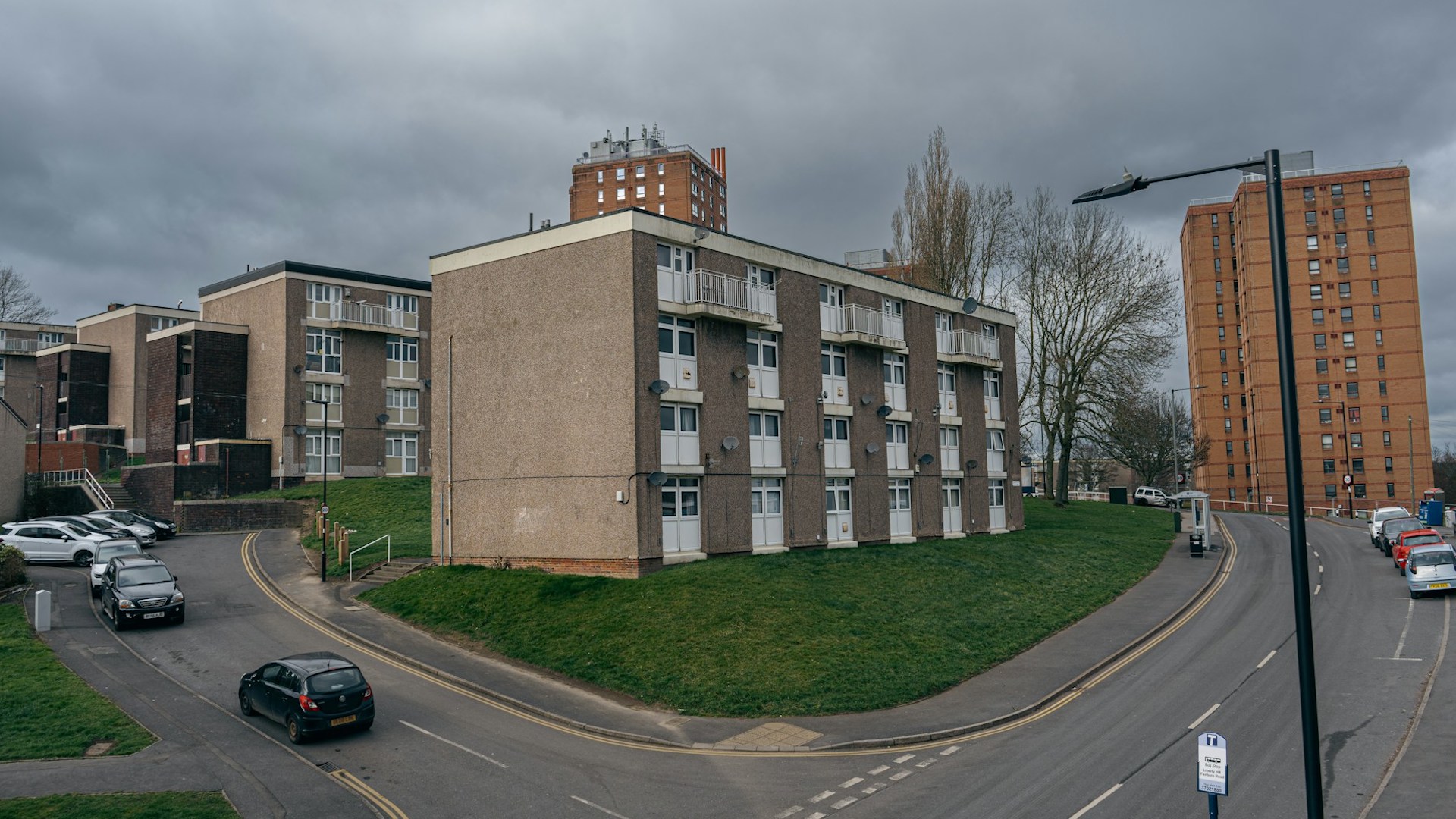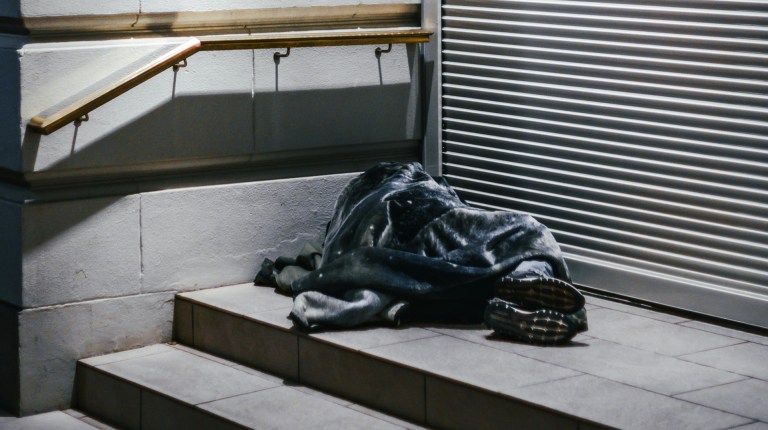When you take on a lease, you sign a tenancy agreement which sets out the terms you have to stick to while living in the property. That might mean you agree to keep the home in good shape, for example. If you breach these terms – maybe you sublet a room in the home without permission, or you let your place fall into poor condition – the council could take steps to evict you, but they should exhaust all other options first.
What happens if you get evicted from a council house?
The council or housing association must give you a written notice which explains the reason for the eviction and gives you a set amount of time to leave the home – or to contest the decision in court.
In most cases you should be given the chance to resolve the issue that led to the eviction notice, such as by paying off rent arrears or agreeing to improve your behaviour. If that doesn’t fix the problem then the landlord will apply to the court for a possession order, which could eventually lead to your eviction.
Once the possession order has been granted, the tenant is given a date by which they have to leave the property. If they haven’t moved out by this date, the council or housing association can apply for bailiffs to remove the tenant.
Eviction can and does result in homelessness for some people. But councils have a legal duty to help certain people who are at risk of becoming homeless, which is where the concept of priority need comes into play.
Will the council rehouse you if you get evicted?
Whether or not the council will rehouse you if you are evicted varies depending on a few factors – mainly the reason you were evicted and your own circumstances.
Advertising helps fund Big Issue’s mission to end poverty
In England and Wales local councils have a duty to help people who are either homeless or at risk of becoming homeless within 56 days. If you are evicted from a council house or housing association property, the council is legally required to assess your situation and provide help, but this doesn’t mean they have to rehouse you immediately or at all.
The council is more likely to offer you a new house if you’re considered to be in priority need. This includes but isn’t limited to families with children, pregnant women, disabled people and those with severe health conditions. In these cases the council has to offer temporary accommodation while they help you find a permanent home.
If the council decides that you are “intentionally homeless”, meaning that – from their perspective – your actions directly led to your eviction, they might be less willing to rehouse you. If you were evicted due to rent arrears that you could have avoided, or for anti-social behaviour, the council might argue that you are intentionally homeless. They may still offer you temporary accommodation but it could be more difficult for you to get long-term housing assistance.
The availability (or lack thereof) of housing in your local area is another factor. Councils are under pressure to manage long waiting lists for social housing, with too few houses to meet demand, and this can affect how quickly they rehouse people who have been evicted. In some cases you might be offered temporary accommodation far from your previous home or placed on a waiting list. Alternatively, they might explore other options like helping you into a privately rented property or moving you into supporting housing if you have specific needs.
“Rather than sinking billions into temporary solutions every year, the government must invest in genuinely affordable social homes and support councils so they can start building them,” said Polly Neate, chief executive for Shelter.
“Building 90,000 social homes a year for ten years would not only end homelessness, they would relieve the pressure on private renting and pay for themselves through generating new jobs and creating savings for the NHS and benefits bill.”
Advertising helps fund Big Issue’s mission to end poverty
Before or during the eviction process, councils often offer support and mediation services to help tenants avoid homelessness. If you’re facing eviction due to rent arrears, for example, the council might work with you to create a repayment plan or offer financial help. They might suggest mediation or other interventions to resolve conflicts in cases of anti-social behaviour.
The process of rehousing is slightly different in Scotland. The priority need test was abolished in Scottish housing law, meaning that councils have a duty to rehouse anyone who is homeless regardless of whether they have children or are considered vulnerable.
Do you have a story to tell or opinions to share about this? Get in touch and tell us more. Big Issue exists to give homeless and marginalised people the opportunity to earn an income. To support our work buy a copy of the magazine or get the app from the App Store or Google Play.









